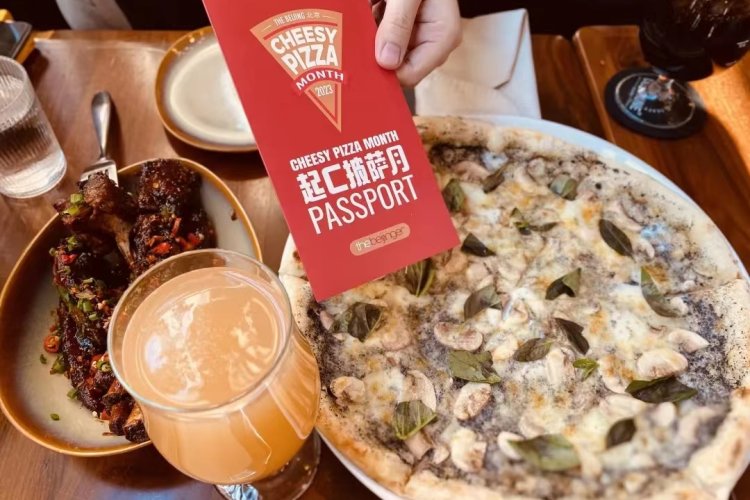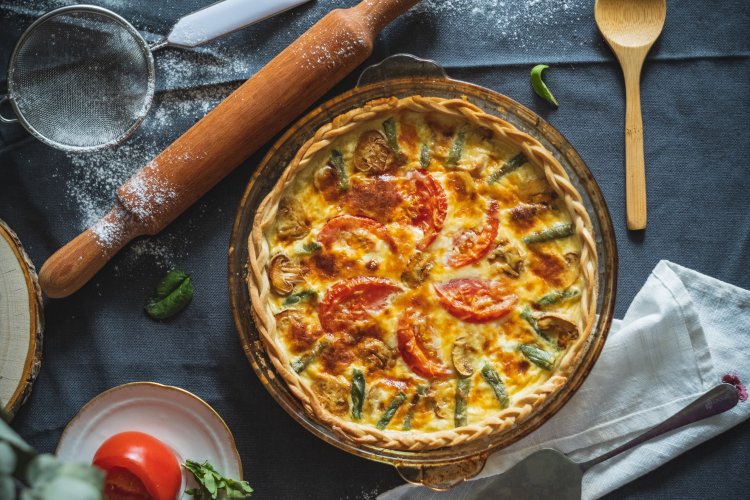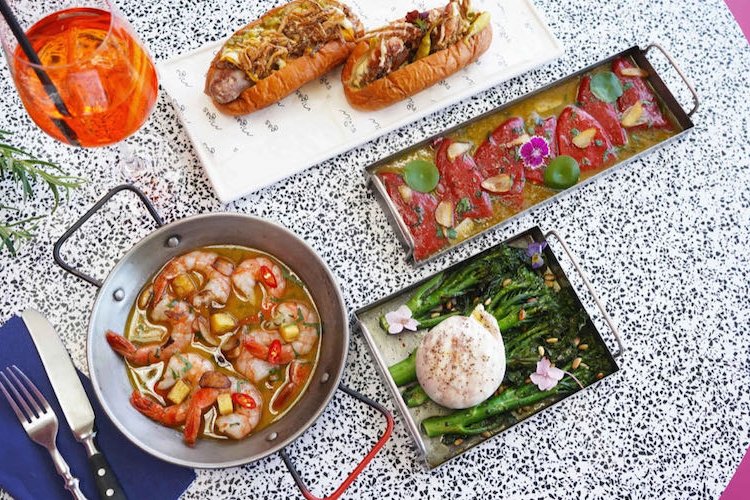A Taste of Home: Turkey
“A Taste of Home” is a regular magazine column in which we ask the natives of a particular country to introduce us to their national cuisine.
Ramadan is just over one week old, and, with the sun having bid farewell to another muggy summer day in Beijing, Turkish Ambassador Murat Salim Esenli has just broken the fast with a few dates. “Dates are the most nutritious food in the world,” the ambassador declares, referencing a Turkish saying: “With dates and camel milk, you can survive any desert.”
Ambassador Esenli arranged an enormous spread for us at Turkish Mum, impressing us with the astonishing diversity that distinguishes Turkish cuisine. “Of course, there are dishes that are quite common in both Middle Eastern cuisine and Turkish cuisine,” Ambassador Esenli acknowledges. “But we’ve concentrated on the dishes that are unique to Turkish cuisine.”
“Everyone thinks about kebabs when they think of Turkish food,” points out Metin Kilic, Minister Counselor at the Turkish Embassy, “But that’s mainly a southern and eastern thing.” We tried skewers of lamb balls, alternated with chunks of eggplant – delicious wrapped in flatbread with the accompanying tomato and green chilli pepper. Even better was the Alinazik beef kebab (RMB 63) served with bulgur (cracked wheat).
“When we go home,” Mr. Kilic explains, “the first thing we want to try is Iskender.” Named after Alexander the Great, this kebab dish is a northwestern Turkish specialty, but is popular across the country. Lamb, prepared doner-style, is sliced in chunks larger than British readers weaned on chip-shop doner kebabs will be familiar with. The meat is served atop cubes of toasted bread, topped with a butter-and-tomato sauce, with yogurt on the side. Homesick Turks may crave this dish, but, Mr. Kilic adds, there’s a price to be paid upon returning home. “Iskender is never done at home, because you need special equipment, Mr. Kilic explains. “So when you go home, your mother insists on preparing Turkish dumplings (manti). You don’t really want these, but you have to eat a lot of dumplings to convince your mother that you missed her cooking; only then can you go out for Iskender!”
Maternal guilt-tripping aside, the Turkish-style dumplings (RMB 39) are actually one of Turkish Mum’s most enjoyable dishes. Daintier than the local jiaozi, these parcels of minced meat come topped with yogurt and a lightly spiced sauce. Ambassador Esenli describes these as a “Sunday dish for Turkish families. Generally it would be the mother who’d prepare it, but they’d only have time during the weekends.” Order these if you’re in a group of four or more, and beware: It’s very easy to overindulge.
Then we had the “Sultan’s Delight,” chunks of lamb, served with a rich red sauce on a bed of mashed eggplant flavored with a twist of cheese. “In Turkey, we’d use Kashar cheese,” says Ambassador Esenli, “but it’s difficult to find here, so at Turkish Mum they use something more like mozzarella.”
We sip on a Turkish yogurt drink, unusual in that it’s slightly salted. “Amazing, a very effective way of combating the effects of heat. It restores essential nutrients and is very good for the blood pressure,” the ambassador assures us.
After dinner, over Turkish coffee and a selection of desserts including the essential baklava, our hosts introduce fortune-telling Turkish-style. Flip your coffee cup upside down, leave it for ten minutes, then the resident expert will draw various interpretations from the patterns left on the inside of the cup by the displaced coffee residue.
With some glee, Ambassador Esenli announces: “You are preoccupied with something. There is someone you’re starting to feel excited about, perhaps infatuated with. I see some birds – a sign of good fortune. And you’re becoming interested in something spiritual. Some rumors are going around – some small office rumors, nothing harmful. Another woman! Several women! …”
We couldn’t possibly comment on any of the above, but we enjoyed the food mightily.
Click here to see the September issue of the Beijinger in full.






